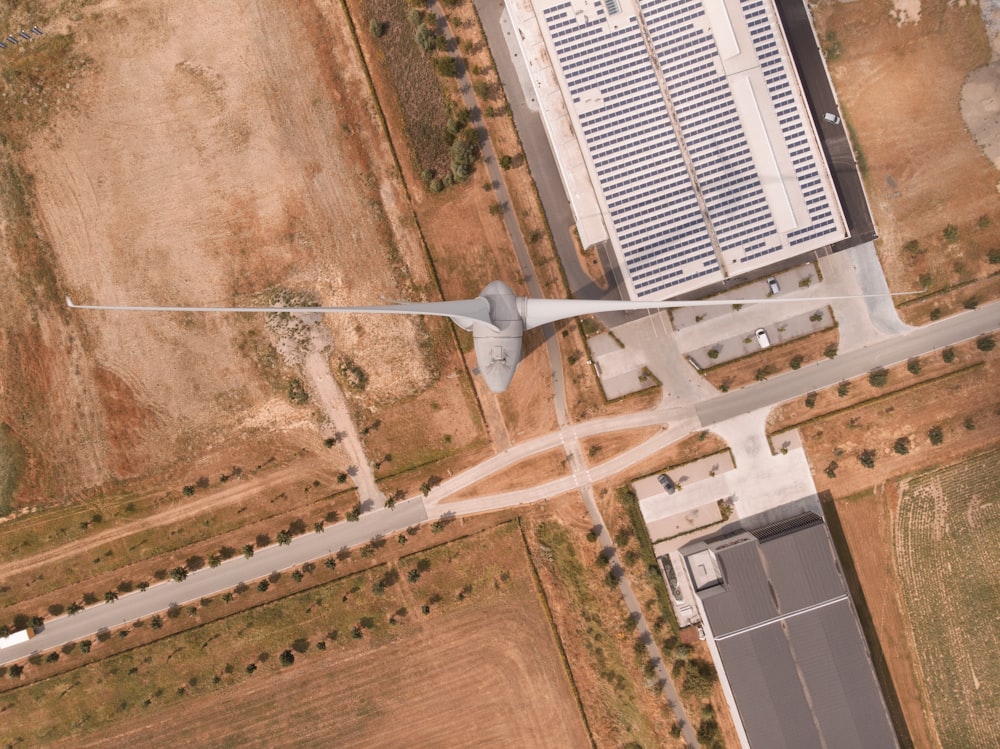
Renewable Energy Powering a Sustainable Future
Renewable Energy: Powering a Sustainable Future
Embracing Clean and Abundant Resources
Renewable energy stands at the forefront of sustainable solutions, harnessing clean and abundant resources such as sunlight, wind, water, and biomass. Unlike finite fossil fuels, renewable energy sources offer an inexhaustible and environmentally friendly alternative, paving the way for a cleaner, greener future. Learn more about renewable energy and its role in shaping a sustainable world.
Mitigating Climate Change
Renewable energy plays a crucial role in mitigating climate change by reducing greenhouse gas emissions and curbing global warming. Unlike fossil fuels, which release carbon dioxide and other pollutants when burned, renewable energy sources produce little to no emissions during electricity generation. By transitioning to renewable energy sources like solar, wind, and hydroelectric power, we can significantly reduce our carbon footprint and limit the impacts of climate change on our planet.
Fostering Energy Independence
Renewable energy promotes energy independence and security by diversifying energy sources and reducing reliance on imported fossil fuels. Unlike traditional energy sources, renewable energy can be generated domestically, reducing vulnerability to supply disruptions and price fluctuations. By investing in renewable energy infrastructure, countries can enhance their energy resilience and ensure a stable and secure energy supply for their citizens.
Creating Jobs and Economic Growth
The transition to renewable energy creates a wealth of job opportunities and stimulates economic growth in various sectors of the economy. From manufacturing and installation to research and development, renewable energy projects generate employment and drive innovation. Furthermore, investments in renewable energy infrastructure contribute to local economies by attracting investment, stimulating demand for goods and services, and increasing property values.
Improving Public Health
Renewable energy offers significant public health benefits by reducing air and water pollution associated with fossil fuel combustion. Unlike coal-fired power plants, which emit harmful pollutants such as sulfur dioxide and particulate matter, renewable energy sources produce no air pollutants during electricity generation. By replacing polluting fossil fuel power plants with clean and renewable energy sources, we can improve air quality, reduce respiratory illnesses, and enhance overall public health and well-being.
Enhancing Energy Access and Equity
Renewable energy has the potential to improve energy access and equity by providing clean and affordable energy to underserved communities and remote areas. Off-grid renewable energy solutions such as solar home systems, mini-grids, and portable solar devices offer reliable electricity access to rural communities without access to centralized grids. Additionally, community-owned renewable energy projects empower local communities to take control of their energy future, narrowing energy disparities and promoting social equity.
Supporting Biodiversity Conservation
Renewable energy development can coexist with biodiversity conservation efforts, minimizing negative impacts on ecosystems and wildlife habitats. Unlike fossil fuel extraction and combustion, which can disrupt ecosystems, pollute waterways, and threaten biodiversity, renewable energy projects such as wind and solar farms can be designed and managed to minimize environmental impacts. By integrating renewable energy infrastructure with conservation planning and land-use management, we can achieve a balance between energy production and biodiversity conservation.
Investing in a Sustainable Future
Ultimately, the transition to renewable energy is an investment in a sustainable future for ourselves and future generations. Renewable energy sources offer a path to a cleaner, more resilient, and more equitable energy system that respects planetary boundaries and promotes human well-being. With continued commitment, innovation, and collaboration, renewable energy can play a leading role in shaping a brighter and more sustainable future for all.



